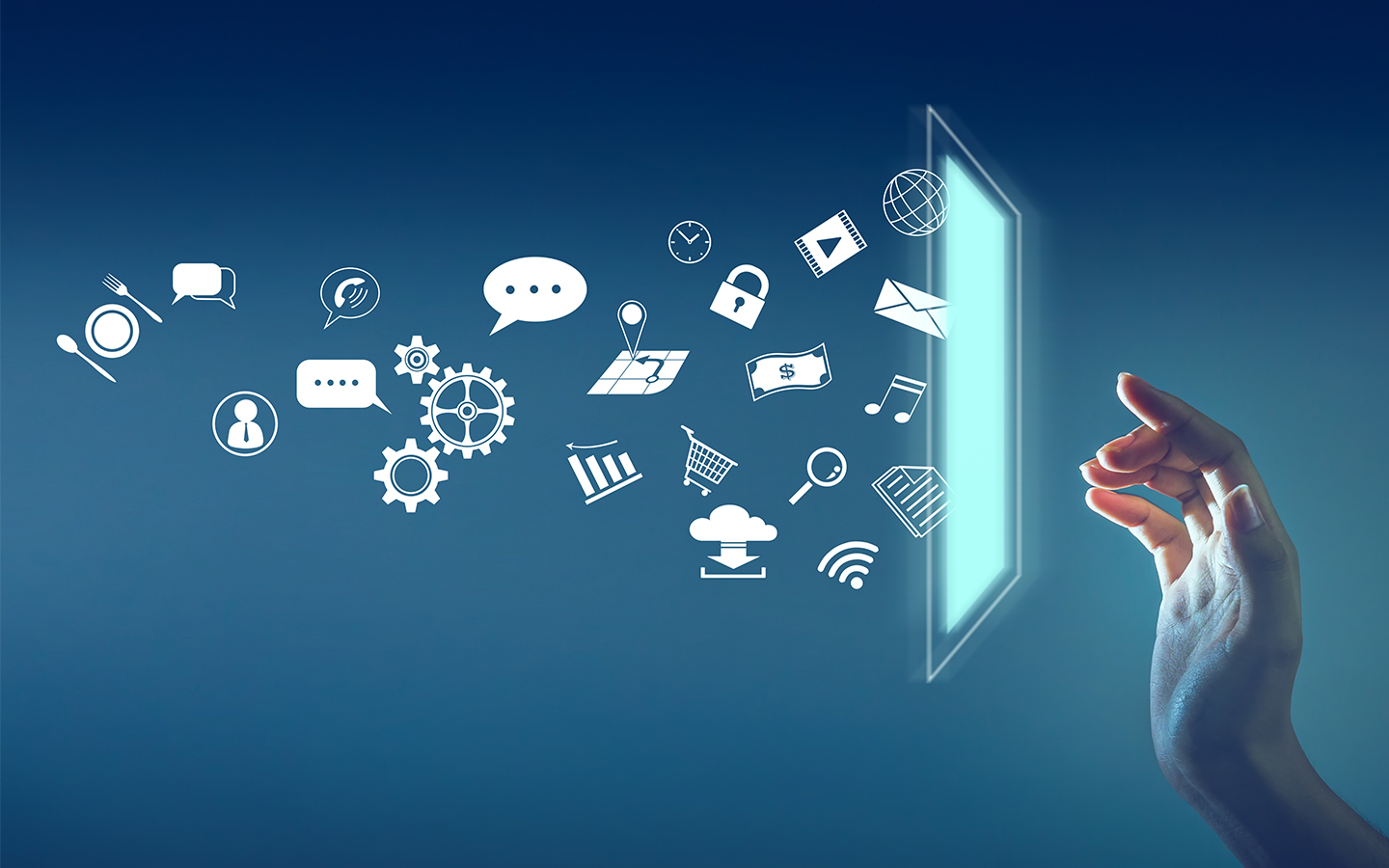RIO DE JANEIRO, BRAZIL – The digitization of industries and services may have a major impact on many economic sectors worldwide. According to a study by mobile phone company Ericsson, by 2030 these technologies could contribute up to US$3.8 trillion (R$15.2 trillion) to the global economy. The subject was discussed on Wednesday, November 13th, in a workshop of the National Telecommunications Agency (ANATEL), in Brasilia.

The digital transformation process involves the collection and processing of large amounts of data, the application of a series of new technologies, such as 5G and artificial intelligence, and the diffusion of devices both for users (such as smartphones) and in economic activities, such as assembly lines.
The company’s study also mapped out which sectors have the greatest potential for generating revenue in this amount that may arise from digitalization. The health area may have 21 percent of these funds, followed by industry (19 percent); automotive and energy (12 percent); media, entertainment and public safety (ten percent).
In the assessment of attendees at the event, the digitalization process will greatly alter the way economic activities are structured. A new set of businesses will gain prominence, related to the manufacturing of devices, provision of connectivity and infrastructure services, enabling services (such as platforms) and providing applications (such as social media, search engines, e-commerce, transportation, etc.).
5G
From the amount projected by Ericsson, US$1.5 trillion is related to the implementation of the 5G ecosystem. This new generation of mobile services is regarded not only as an evolution of mobile technologies but a qualitative change that can enable a number of new applications from high-speed traffic that can be accessed by mobile devices.
According to Tiago Machado, Ericsson’s representative at the event, 5G will play a key role in driving digitalization. “Before, nobody knew what 5G was and now it’s all about it. It breaks traditional value chains. A car is basically what it was 100 years ago. In addition to the advancement of mobile access, from 5G on, we expect to see digitization from different sectors,” he said.
Adriana Sarkis, GSMA’s policy and regulatory coordinator for Latin America, emphasized the relevance of mobile equipment and services, from smartphones to mobile broadband, in the phenomenon of digital transformation today, and reinforced that the advent of 5G may broaden this participation.
“Economically speaking, in 2018 alone, US$1.1 trillion of the global economy was influenced by the mobile ecosystem. With the advent of 5G, within the next 15 years this technology should contribute US$2.2 trillion to the global economy,” said the coordinator, whose organization is one of the largest analysts of the mobile market in the world.
In Sarkis’ view, the changes will take place on three fronts. The first is linked to users. In 2018 there were around five billion smartphone users worldwide. The GSMA expects this number to rise to six billion by 2025. Historical communication practices using these devices tend to extend to different activities, such as financial transactions and e-commerce applications.

A second front is linked to technological evolution. Today, 4G is the dominant standard in the world. The GSMA expects that by 2025 there will be 14 billion 5G connections, representing virtually half of all countries.
“This is a technology transition, but in a more disruptive way. Allowing much more on their networks, such as remote manipulation, supporting industry 4.0 and offering a very high-speed mobile Internet,” said the GSMA representative.
The third factor of change is in handsets. In 2018, smartphones accounted for 60 percent of Internet connections and are projected to represent 80 percent by 2025. However, the major transformation should involve the rise of equipment that communicates with other machines, going beyond the traditional consumer device and service.
This environment has been termed the Internet of Things. Between 2018 and 2025, the GSMA estimates that the number of connected devices will increase from nine to 25 billion.
Globo Group
A member of Globo’s Integrated Business Directory, Eduardo Perez introduced the group’s digital transformation process. The conglomerate unified its business, which it named “a single Globo”, reconfiguring its institutional structure. In the content area, “in addition to the Globo.com portal, the Globoplay streaming service now provides specific content”.
Perez explained that one of the goals is to expand the audience database of the group’s media outlets, known as Globo ID. When users log into the platforms, they are monitored. Interactions of Globo programs and online services, such as voting on [reality show] BBB or the use of the [soccer] application Cartola FC, are also used to increase awareness about users.
“The level of interaction also provides us with a wealth of data about these users. Our strategy is to understand our consumers, massively use the data we have and leverage our competitive differential of high-quality content and distribution to be able to make differentiated actions, using the data, while considering digital advertising,” said the executive.
Source: Agência Brasil

